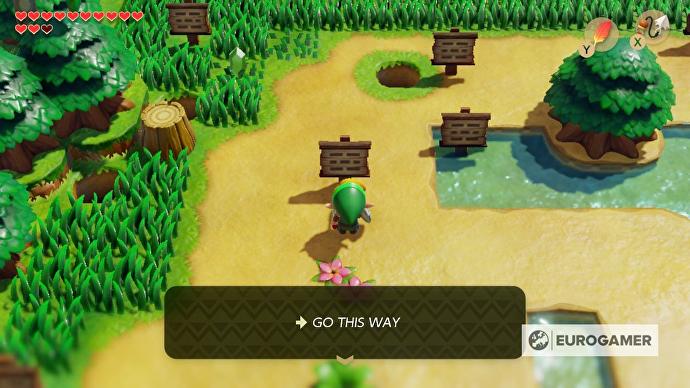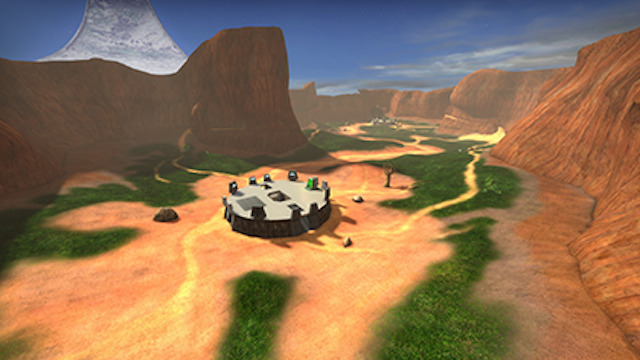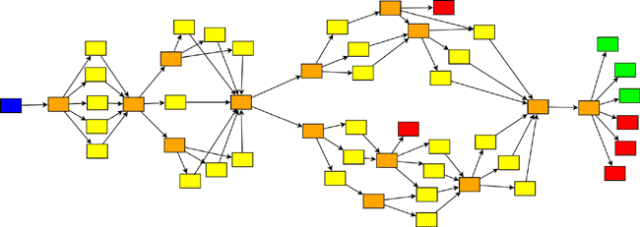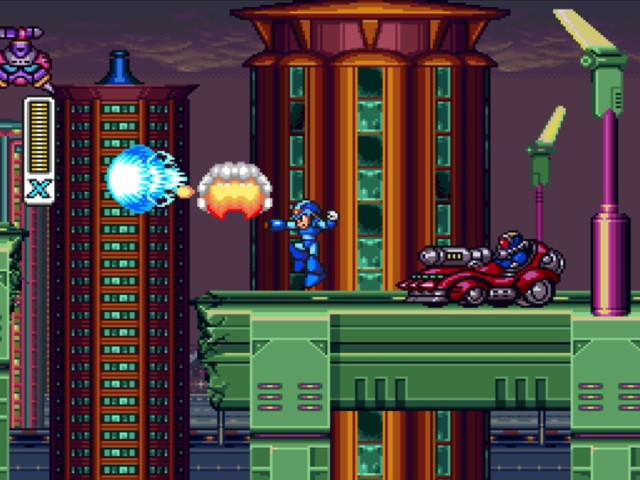This is not an exhaustive list, but includes some common techniques used in level design.
Contents
Signposting
Signposting is using literal instructions, visual or audio clues, character dialog or narrative, or other signals to direct the player through a level.

Gating
Gating is restricting areas of a level, requiring players to find literal or figurative keys to open doors.

Risk vs reward
Risk vs reward is a scenario where a reward or goal is placed in a dangerous area of a level. The player must evaluate the value of the reward vs the danger of the risk.

Safe zone
The safe zone technique gives a player a safe area to move in and out of as they navigate a level.

Foreshadowing
Foreshadowing is revealing future rewards or challenges to the player before they reach them in the level.

Branching and bottle necking
Branching is giving a player multiple options to complete a challenge, avoid an obstacle, collect a reward or reach a goal.
Related to branching, bottle necking is when the possible paths coverge on one area or challenge.

Layering
Layering is when two or more previously introduced game mechanics are present in one level or scene.
